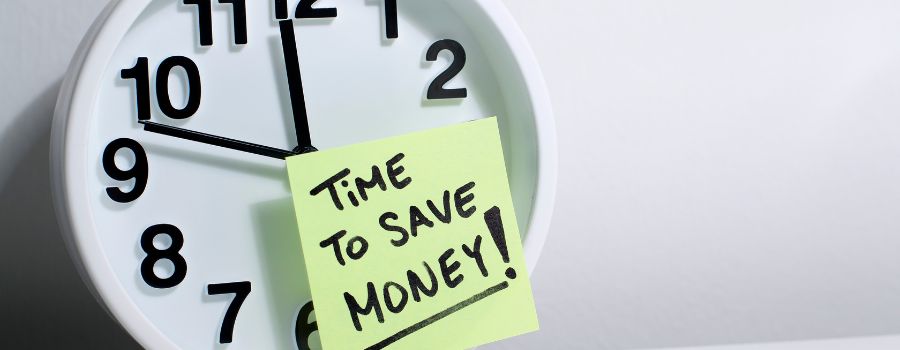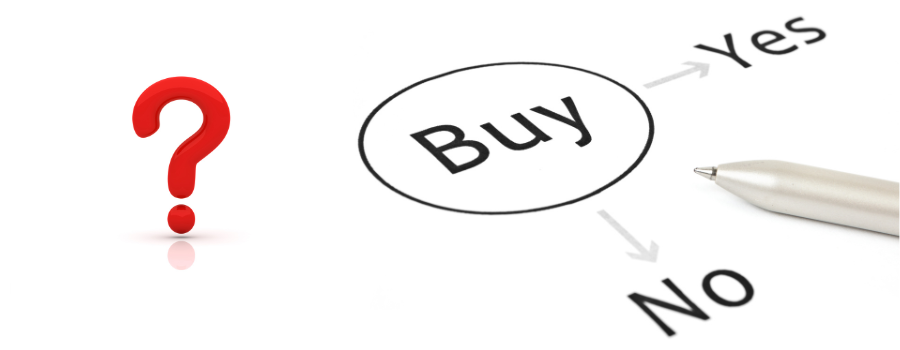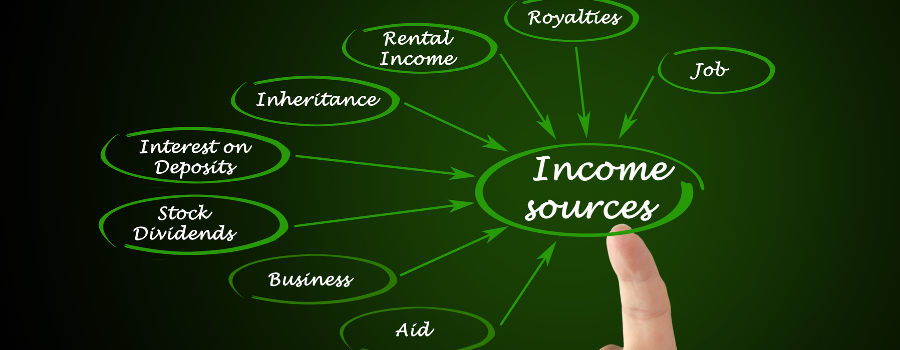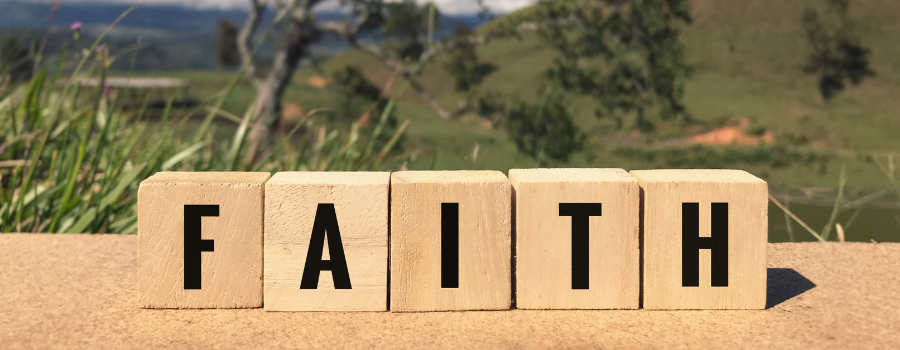Anyone with more than 3 decades of life has witnessed firsthand the devastating effects of the financial crisis on individuals and communities.
Whether it’s a global pandemic, a natural disaster or an economic downturn, having a buffer to protect you and your loved ones is critical.
In this article, you’ll understand why saving money is crucial during these unpredictable times, and you’ll discover – and if you’re smart to apply – some tips on how to start building an emergency fund today, after all, you never know when the time will come. next crisis, right?
Why having a financial reserve is so important
-
Provides financial stability
One of the main benefits of having a cash reserve is that it provides financial stability.
When you have an emergency fund, you have a cushion to fall back on in the event of a job loss, unexpected accident, illness, or any other financial emergency.
This peace of mind will help reduce stress and allow you to focus on what matters most.
Think about this for a moment: according to a survey by Bankrate, 60% of Americans said they would have trouble covering a $1,000 emergency expense with their current savings.
-
Protects your credit score
Another benefit of having an emergency fund is that it helps protect your credit score.
When you don’t have money saved and an emergency strikes, you may be forced to rely on credit cards or personal loans to cover your expenses.
This can lead to missed payments and increased debt, as interest rates in Brazil are exorbitant, which can have a significant negative impact on your credit score.
On the other hand, having a solid emergency fund can help you avoid high-interest debt while keeping your credit score intact.
Solomon once said, “A good name is better than great wealth.” His “good name” in this case is closely linked to his relationship with your creditors.
-
Avoid getting into debt
Having an emergency fund is also critical as it can help you avoid debt.
According to a Federal Reserve study, over 40% of Americans cannot cover a $400 emergency expense without borrowing money or selling something.
In Brazil, household indebtedness broke a record in 2022, with a share of 77.9% of families declaring themselves indebted in the annual Consumer Indebtedness and Default Survey (PEIC) released by the National Confederation of Commerce in Goods, Services and Tourism (CNC ).
This can put you in a vicious cycle of debt and can have lasting financial consequences.
By having money saved, you can cover unexpected expenses without going into debt and avoiding the abusive interest and fees associated with these loans that you will inevitably have to take out if you don’t have an emergency fund.
So here are some tips for you to build an emergency reserve:
-
Start small
The most important step in building an emergency fund is getting started, and taking the first step in the right direction.
Don’t let the idea of saving thousands of Reais overwhelm you, as every Million starts with the first Centavo.
Start small and make it a priority to contribute to your emergency fund every month, even if it’s just $20.
As your income increases and/or your awareness increases, you can gradually increase the amount you save.
Here, awareness is key!
-
Automate your savings
Another way to ensure you’re consistently saving is to automate your savings as much as possible.
Have a portion of each receipt automatically transferred to your emergency fund account.
Nowadays, practically everyone has a bank account, whether in physical banks or even digital banks and this helps a lot in the process.
By automating the process, you don’t have to worry about remembering to make the transfer, and you can watch your emergency fund grow over time.
If you are one of those people who are not very tech-savvy (like my father-in-law), then you can keep an envelope or box in a safe place, where you put part of your hard-earned money every month.
-
Reduce Expenses
Reducing expenses is another fundamental key to building an emergency fund.
Never spend more than you earn, ever!
Take a look at your budget and see where you can cut back.
From experience, you can be sure that there is a lot that definitely can be cut.
You can save hundreds of Reais every month by reducing unnecessary expenses, such as meals out, subscription services or entertainment expenses that are important but have a suitable time for it.
If you don’t have a good reservation emergency room, don’t stop fighting unnecessary expenses until you have a good amount of money saved.
-
Make regular donations
It may even seem counter-intuitive to save on unnecessary expenses and donate to reliable institutions that support needy people.
What makes you the happiest? Watch Netflix or provide a plate of food for a malnourished child?
Our financial development has everything to do with the relationship and value we give to money.
Avarice, stinginess, and pride, are just some ways of externally manifesting our relationship with money, that’s why Jesus said that “it is more blessed to give than to receive”.
-
Seek professional advice
If you need help with your finances, don’t hesitate to seek professional advice.
A financial coach or consultant can help you diagnose your relationship with money and where the faucets are open that can be turned off to stem overspending.
Plus, it can help you create a budget, recommend savings strategies, and offer investment advice for your future, putting you on the path to prosperity.
Do not forget…
Having money saved is crucial in times of financial crisis.
“An emergency fund is a necessary cushion for the unexpected events that life throws your way.” – Suze Orman, personal finance expert
“Savings is the cornerstone of financial stability. It provides a safety net for unexpected expenses and can also provide peace of mind.” – Dave Ramsey, personal finance expert
It provides financial stability, protects your credit score and helps you avoid debt.
If you haven’t started building an emergency fund yet, now is the time to start.
Start small, automate your savings, cut expenses, and seek professional advice if needed.
It’s never too late to take control of your finances and secure your financial future and those you love.
In today’s uncertain world, it’s more important than ever to have money saved for a tough day.
With a solid emergency fund, you’ll be able to weather any financial storm that comes your way.
Don’t wait for a crisis to occur before you start saving.
Start building your emergency fund today and you’ll be better prepared for whatever the future may bring.
The importance of saving money in times of crisis cannot be overemphasized.
By taking control of your finances and building a solid emergency fund, you’ll be able to protect yourself and your loved ones in times of uncertainty.
So what are you waiting for? Start building your emergency fund today and secure your financial future!










